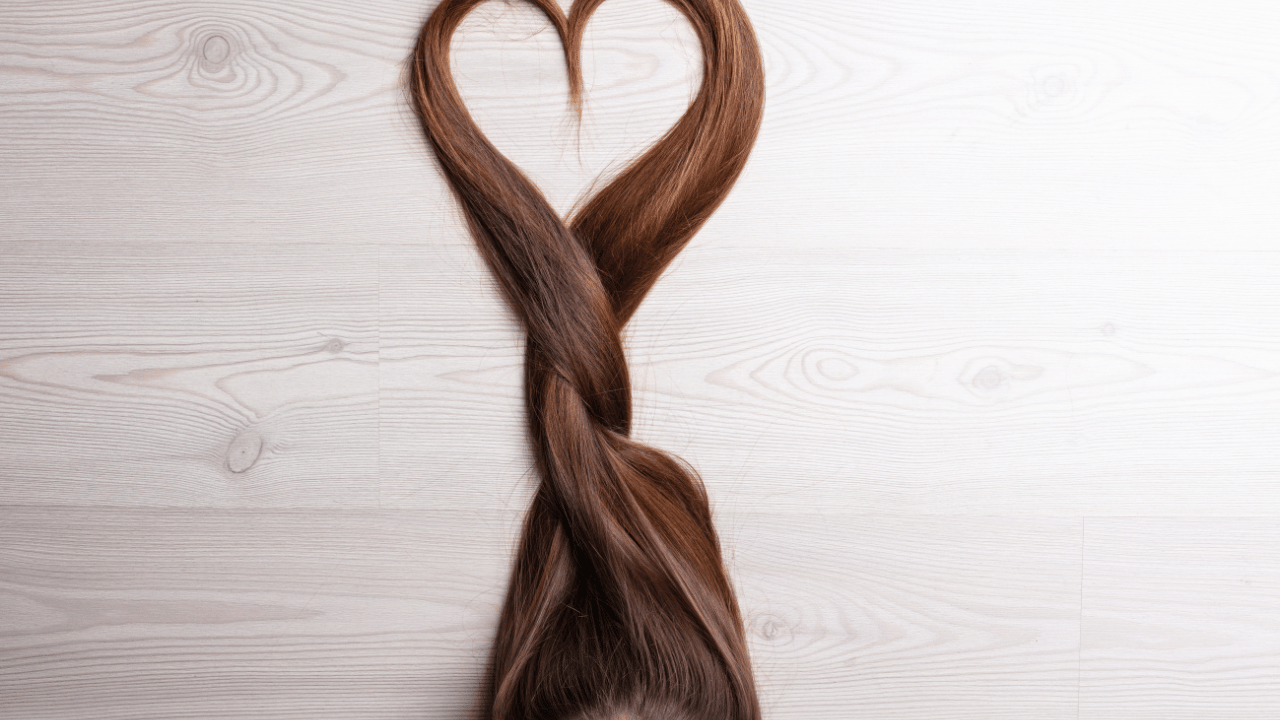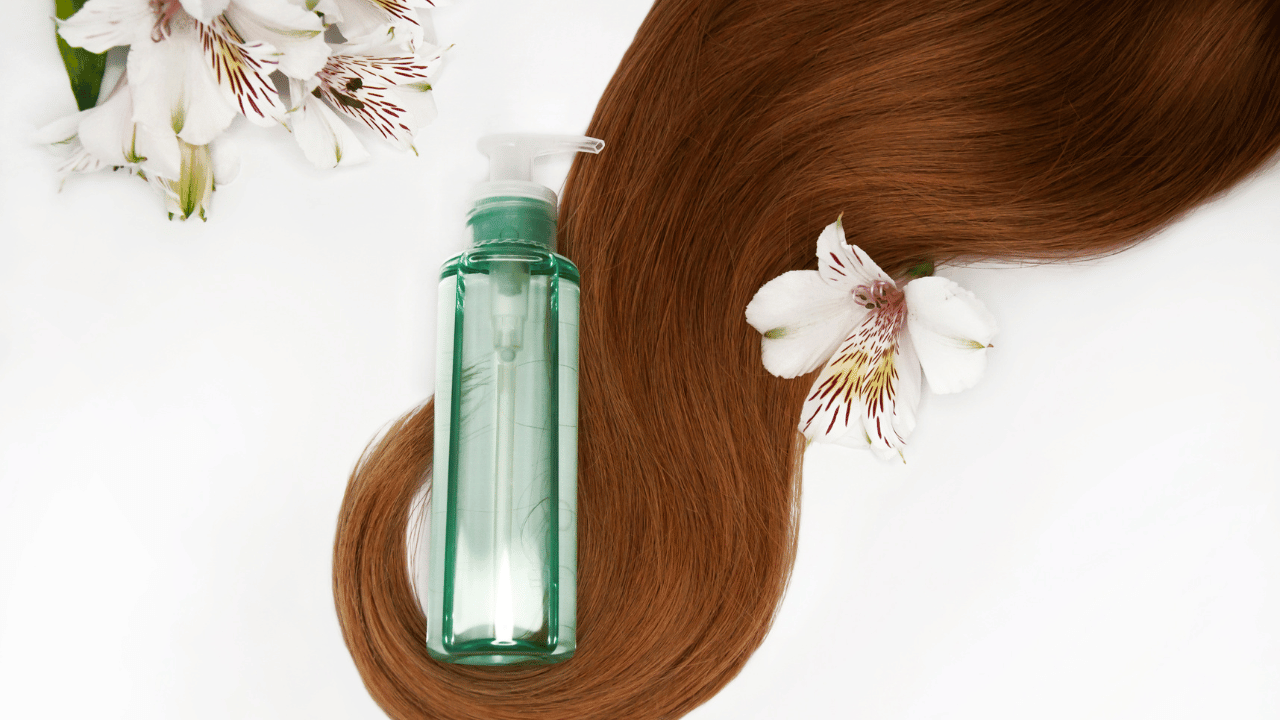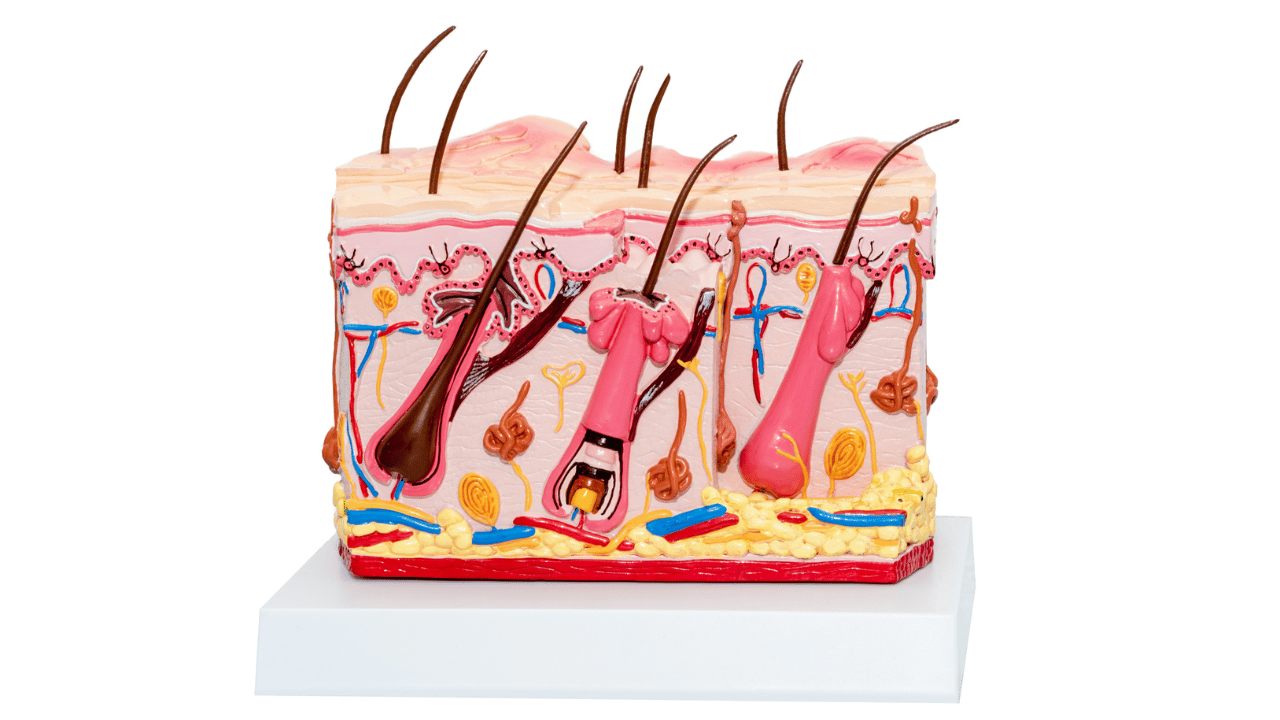Introduction
Hormones are powerful chemical messengers that play a significant role in regulating various functions within our bodies. While they are commonly associated with reproductive and growth processes, hormones also influence the health and appearance of our hair. In this blog post, we’ll delve into the intricate relationship between hormones and hair health, exploring how hormonal changes can impact the growth, thickness, and texture of your locks.
The Hormones That Affect Hair Health
Several hormones have a direct or indirect impact on the condition of your hair:
1. Androgens
Androgens are male sex hormones, and they are also present in females in smaller amounts. The most well-known androgen is testosterone. When androgens, particularly dihydrotestosterone (DHT), bind to hair follicles, they can shrink them and lead to hair thinning or loss. This process is often referred to as androgenetic alopecia or male and female pattern baldness.
2. Estrogen and Progesterone
Estrogen and progesterone are female sex hormones. These hormones help maintain hair in the anagen (growth) phase for a more extended period, leading to thicker and healthier hair. During pregnancy, when estrogen levels are high, many women experience thicker, more luxurious hair. However, after childbirth, when hormone levels drop, some may notice increased hair shedding.
3. Thyroid Hormones
The thyroid gland produces hormones that regulate metabolism. Both an underactive thyroid (hypothyroidism) and an overactive thyroid (hyperthyroidism) can affect hair health. Hypothyroidism is associated with hair thinning and brittle hair, while hyperthyroidism can lead to hair loss.
4. Cortisol (Stress Hormone)
Chronic stress can increase the production of cortisol, a stress hormone. Elevated cortisol levels can disrupt the hair growth cycle, leading to increased shedding or even hair loss conditions like telogen effluvium.
How Hormonal Changes Affect Hair
Hormonal fluctuations can lead to various hair-related changes:
1. Androgenetic Alopecia
In both men and women, increased levels of androgens, specifically DHT, can lead to androgenetic alopecia, characterized by hair thinning or loss.
2. Postpartum Shedding
After childbirth, hormonal shifts can cause a temporary increase in hair shedding. This is usually temporary, and hair growth typically returns to normal within a few months.
3. Thyroid-Related Hair Issues
Hypothyroidism can lead to dry, brittle hair and hair thinning, while hyperthyroidism may result in hair loss.
4. Telogen Effluvium
Chronic stress or other factors that disrupt the hair growth cycle can lead to telogen effluvium, a condition characterized by increased hair shedding.
Maintaining Hormonal Balance for Healthy Hair
While you may not have complete control over your hormones, you can take steps to support hormonal balance and maintain healthy hair:
- Balanced Diet: A diet rich in essential nutrients, including vitamins, minerals, and omega-3 fatty acids, can support hormonal balance and overall hair health.
- Stress Management: Incorporate stress-reduction techniques such as meditation, yoga, or regular exercise into your daily routine to help manage cortisol levels.
- Regular Exercise: Physical activity can help regulate hormone levels and improve blood circulation to the scalp.
- Hormone Monitoring: If you suspect a hormonal imbalance is affecting your hair, consult a healthcare professional or endocrinologist for evaluation and potential treatment.
- Hair Care Practices: Be gentle with your hair; avoid excessive heat styling and harsh chemical treatments that can exacerbate hair issues.
Conclusion
Hormones play a crucial role in the health and appearance of your hair. Understanding how hormonal changes can impact your locks is the first step in maintaining healthy, beautiful hair throughout your life. By adopting a balanced lifestyle, seeking professional guidance when needed, and practicing good hair care habits, you can support hormonal balance and enjoy a head of hair that reflects your overall well-being.



